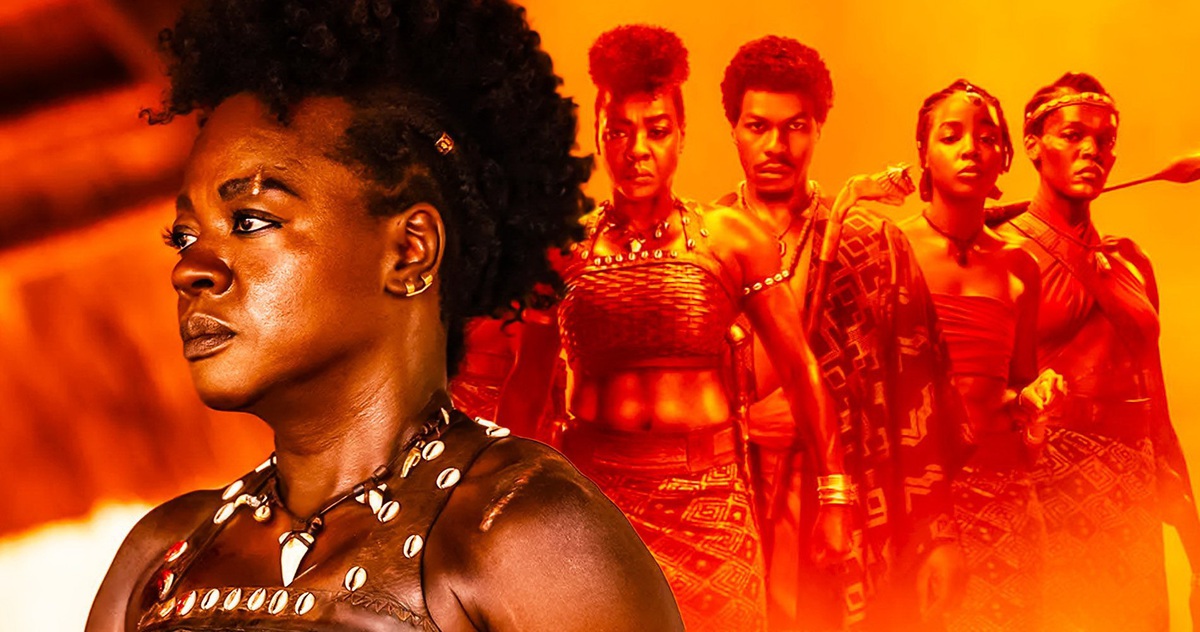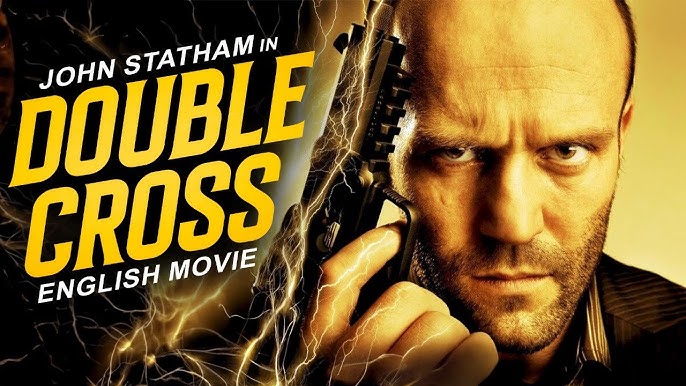The Woman King: A Powerful Tale of Courage, Legacy, and Resistance
The Woman King is a stirring historical action-drama directed by Gina Prince-Bythewood, inspired by true events from 19th-century West Africa. The film brings to life the incredible story of the Agojie, an all-female warrior unit who protected the African Kingdom of Dahomey (located in present-day Benin) with fearlessness and unmatched skill. Led by General Nanisca, played with intensity and grace by Viola Davis, The Woman King explores themes of sisterhood, resistance, empowerment, and the complexities of power in a colonial world.
Set in the 1820s, the film follows the rise of a new generation of female warriors who are trained to defend Dahomey against rival kingdoms and foreign slave traders. Viola Davis’s character, General Nanisca, is a seasoned and disciplined leader with a haunted past. As European colonial forces expand into Africa and exploit tribal divisions for the transatlantic slave trade, Nanisca urges King Ghezo (played by John Boyega) to take a stand against both external enemies and the kingdom’s own involvement in human trafficking. This political tension adds depth to what could have otherwise been a straightforward action epic.

A central character arc follows Nawi, a rebellious young woman portrayed by Thuso Mbedu, who refuses an arranged marriage and is taken to the royal palace to train as one of the Agojie. Her journey from outcast to warrior is one of self-discovery, resilience, and honor. Her dynamic with Nanisca—who sees reflections of her younger self in Nawi—adds emotional weight to the narrative and explores the cost of sacrifice, especially for women who dedicate their lives to causes greater than themselves.
The film’s action sequences are brilliantly choreographed, combining martial arts with traditional African weapons and tactics. Unlike many modern action films, The Woman King emphasizes physicality, realism, and discipline. The result is both thrilling and grounded, a celebration of the warriors' strength, agility, and unity.
One of the film’s most powerful aspects is its portrayal of female empowerment within a historical and cultural context. The Agojie warriors are not fantasy figures but were a real military regiment feared throughout the region. The Woman King does not shy away from portraying their brutality in combat or the harsh realities of their world, but it also humanizes them, exploring their fears, loyalties, and personal losses.
Viola Davis delivers a commanding performance, blending emotional vulnerability with fierce determination. The supporting cast, including Lashana Lynch and Sheila Atim, provide further depth and camaraderie, giving life to a community of women bound not only by war, but by shared history and purpose.

In conclusion, The Woman King is a landmark film that combines historical drama with visceral action and powerful storytelling. It shines a light on a lesser-known but profoundly significant chapter in African history while offering a cinematic tribute to courage, justice, and female solidarity. Through its compelling characters and bold vision, it redefines what a war epic can be—and who gets to be the hero.

